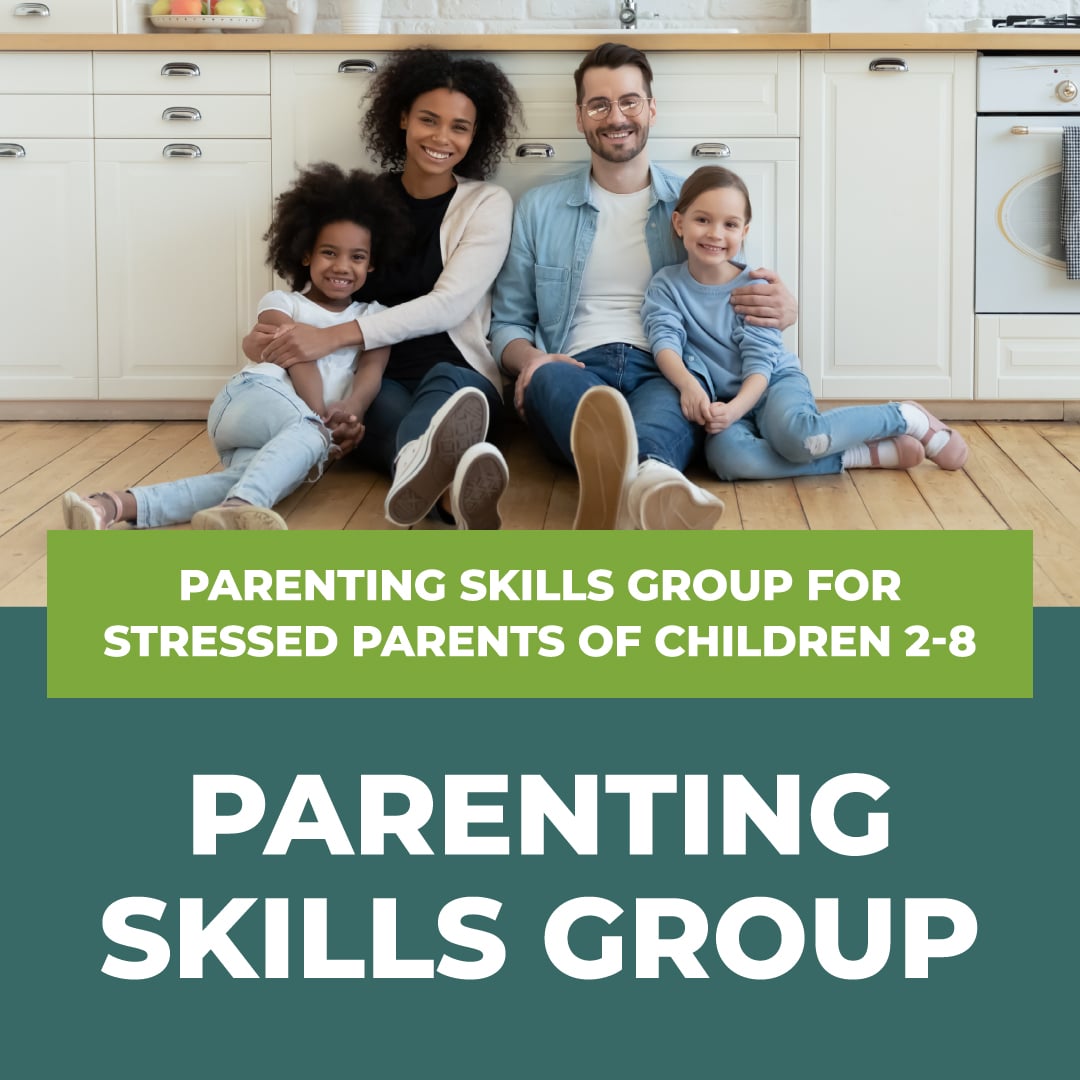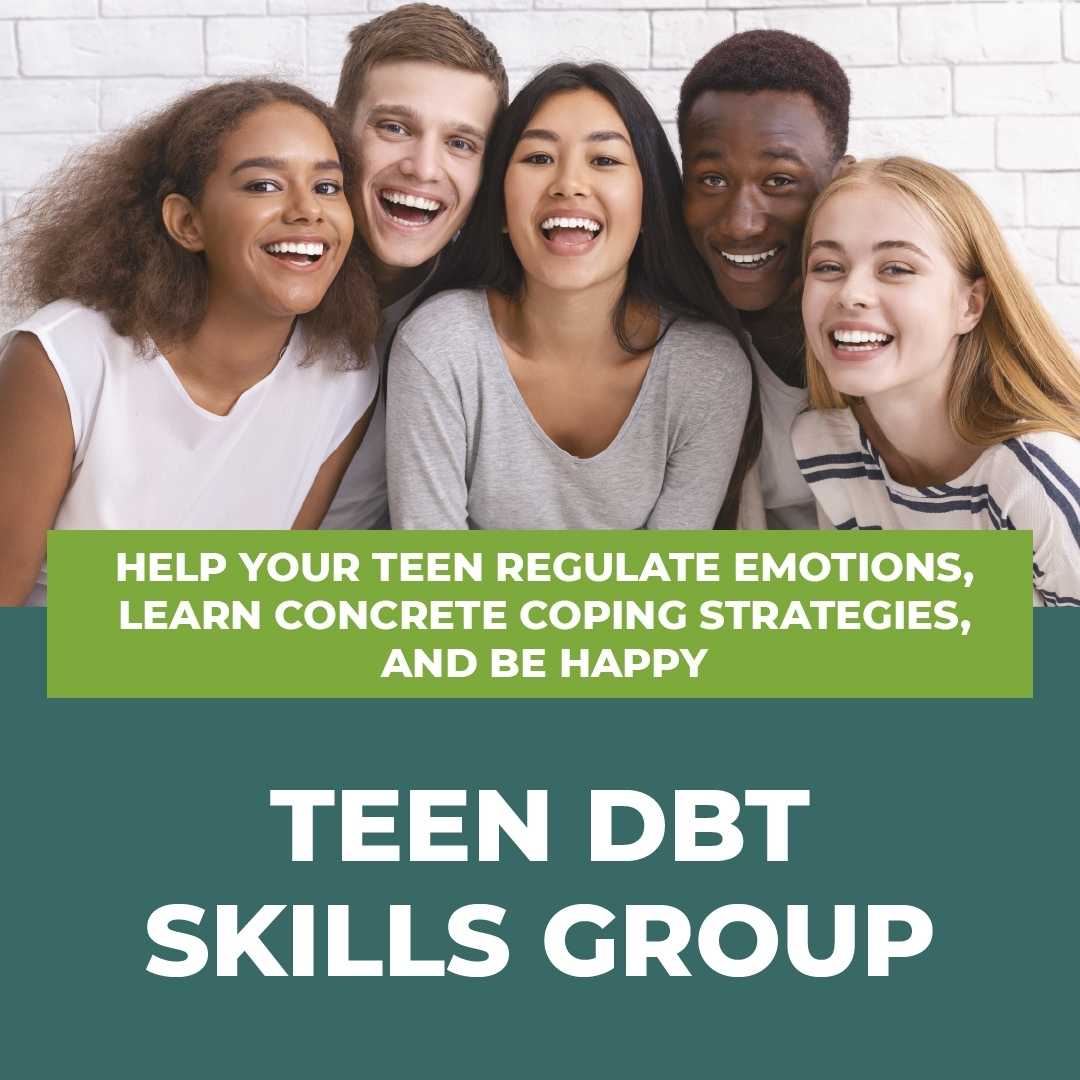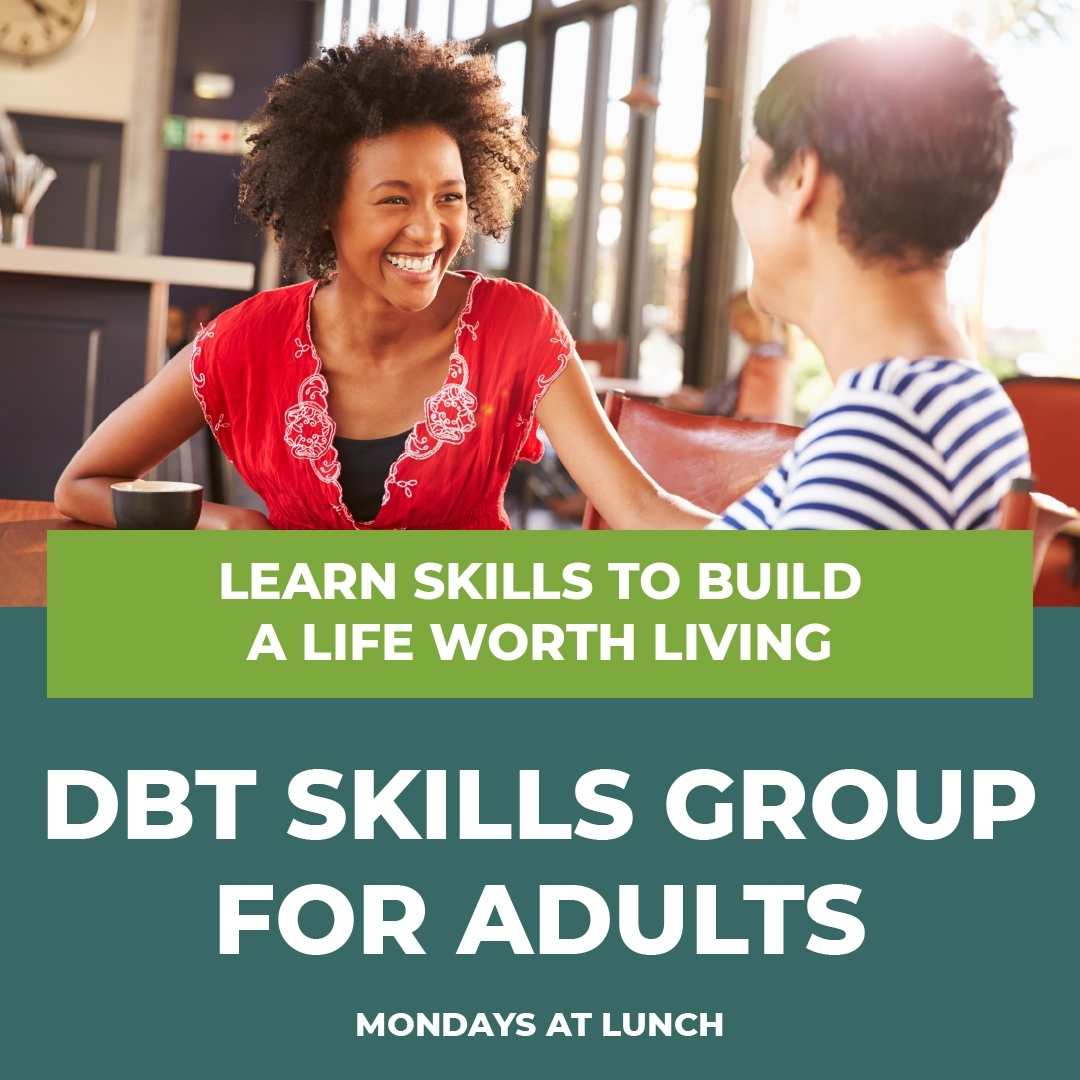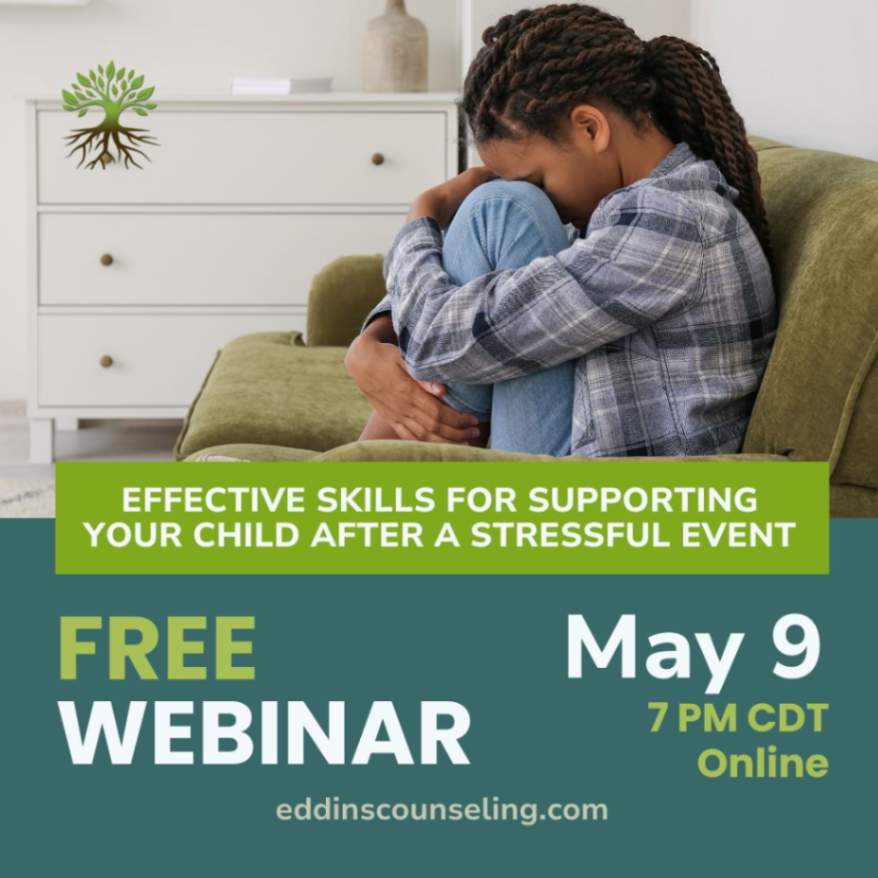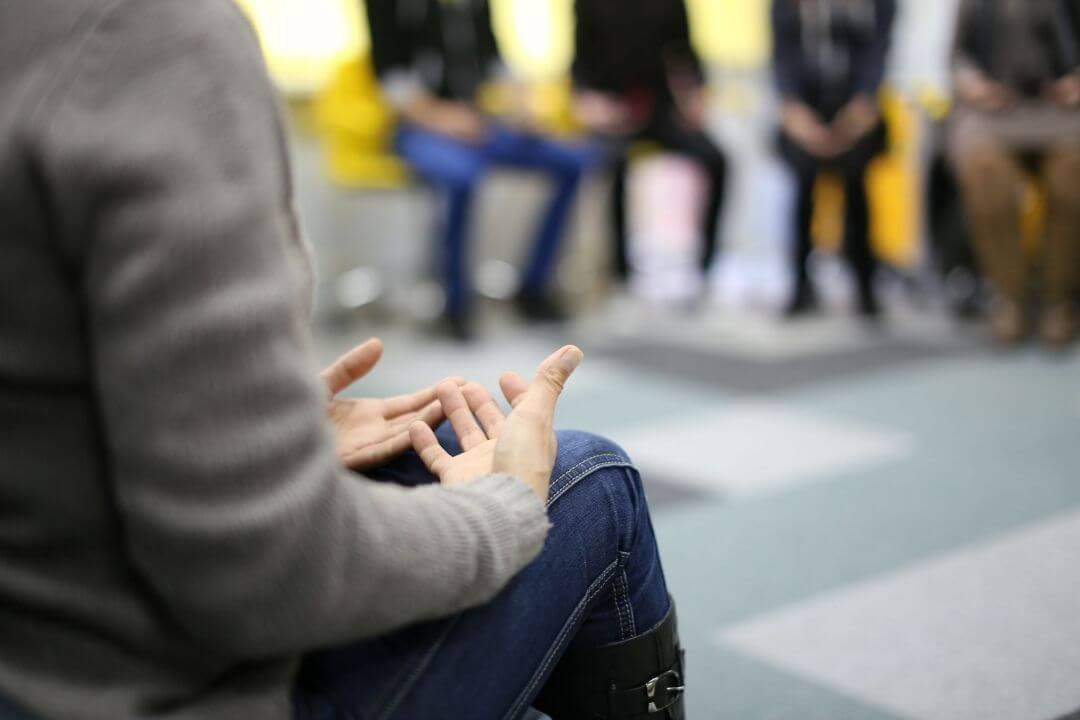July 9, 2018
DBT Emotion Regulation: How to Manage Emotional Reactions
Written by Rachel Eddins
Posted in Emotional & Mental Health and with tags: DBT, emotional health, emotional regulation
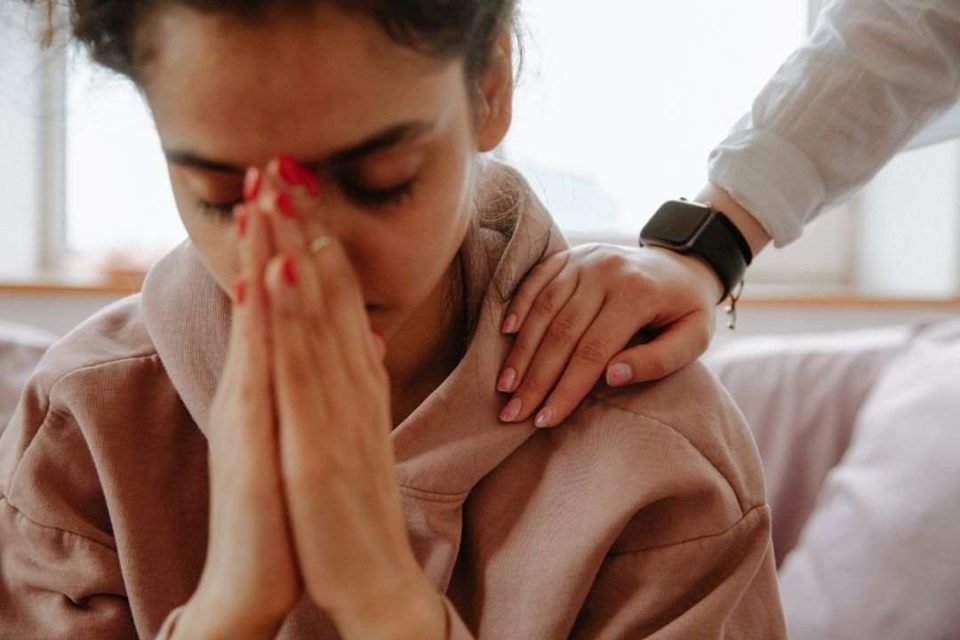
I’m Alexandra Marshall, a DBT trained Therapist in Houston. I help people develop skills to manage emotional reactions better and to start building healthy and connected relationships. I find that frequently, people come to me saying they want to stop overreacting when they get emotional. Or they want to start feeling heard and feeling more connected to their partners. In this article, I’m going to discuss one DBT emotion regulation skill that can help you to begin managing an emotional reaction in the moment and move you closer to your partner and getting your needs met.
What Do You Need?
As soon as you are feeling emotionally reactive, think of a STOP sign. We think about a stop sign because we want to stop in place. We want to create some space to think about what you’re feeling, and to think about what you need from the person you’re talking to or the person you’re dealing with. So, I think it’s helpful to think about the letters of the stop sign. The word, STOP.
Stop in Place
We start with the S, which is stop, freeze, which means just freeze in place. Don’t move a muscle, don’t go anywhere, don’t get up, don’t sit down, don’t move a muscle. Stop.
Take a Step Back
T in stop is for taking a step back, and sometimes this is actually a literal step back. You want to create space between yourself and the emotion to kind of look at what’s going on and look at what you need in that situation because I think often times, we want to step closer. If we’re mad, you want to get in somebody’s face. If you’re sad, you want to get closer to feeling better. But, really, what we need is that space to look at what we’re feeling and to look at what we need because sometimes our emotions don’t tell us exactly what we need. Sometimes our emotions can make us act in ways that are contrary to our needs and our goals.
Observe
The next letter in stop is O, Observe. You really want to observe what’s going on and observe the facts of the situation. You want to observe the emotions and you want to observe your history with the person that you’re talking to. Observe. Take in all the information. Be curious. Be a detective about what’s going on in that situation.
Proceed Mindfully
And, the last letter P in stop is proceed mindfully which means make a choice and proceed in a direction consciously. A lot of times when we’re emotional, we think we just react, you know. We think things just happen, but really, if you’ve done all the steps, you’ve stopped, taken a step back, and observed, you can make a choice about how to get your needs met in that situation.
Learn DBT emotion regulation with a DBT Skills Group
You can learn to manage emotional reactions with the help of a qualified specialist. At Eddins Counseling Group, in Houston, Alexandra Marshall facilitates a DBT Skills Group that will teach you skills such as DBT emotion regulation. We offer two weekly groups that meet in the day or evening to fit your schedule.
Call us at 832-559-2622 for more information or complete an interest form and we will reach out to you with a complimentary consult.
Grounding & Self Soothing
Get instant access to your free ebook.
Why You Feel This Way
Get instant access to your free ebook.



